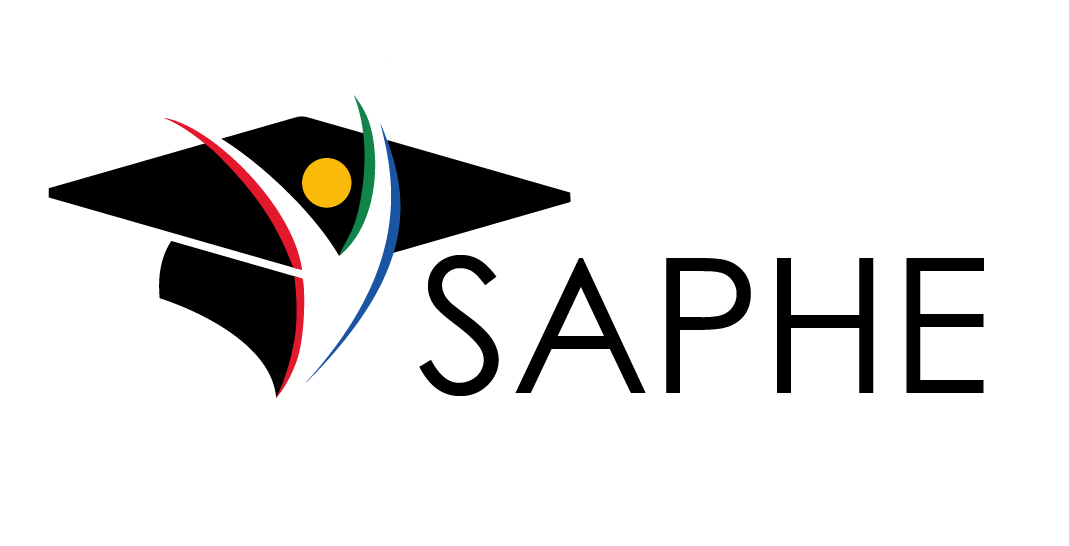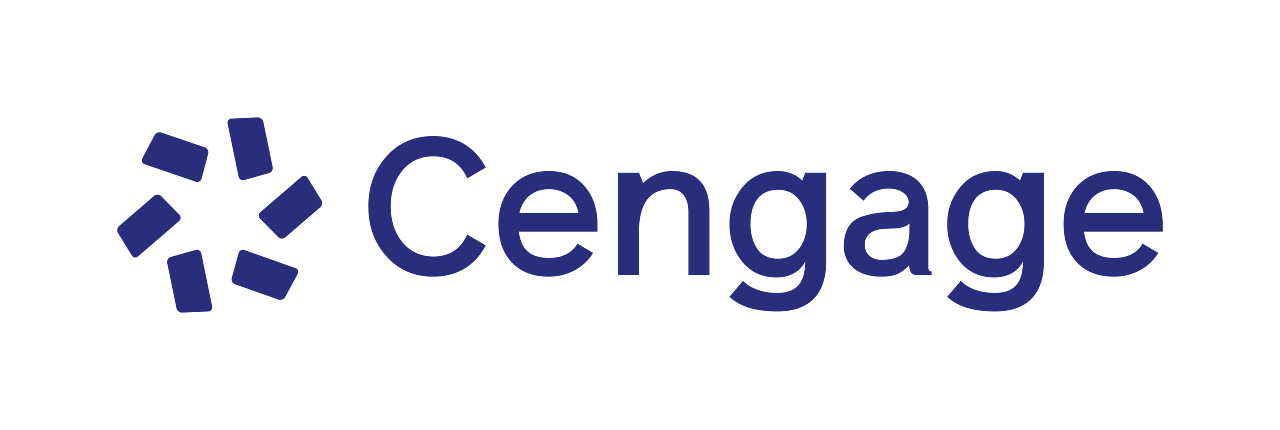Conference
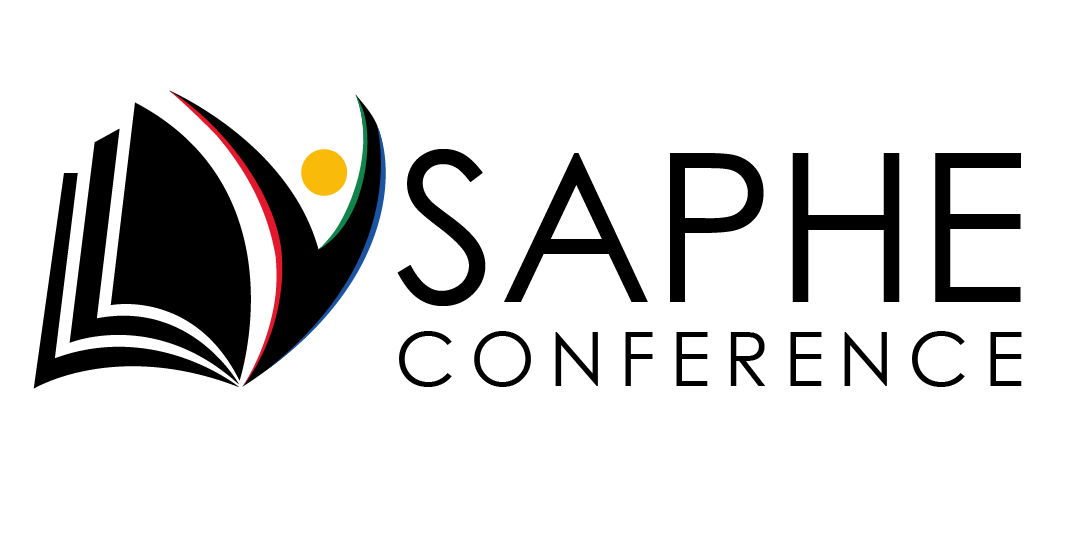
About the conference
The 3rd SAPHE Conference will take place on 5 and 6 November 2025, providing a valuable platform for students, alumni, academics, and researchers from the private higher education sector to showcase their research to peers and industry partners. The conference will bring together students, faculty, staff, alumni, and key stakeholders in higher education.
Conference theme: Leading Innovation in Higher Education: Impacting Locally and Globally.
Sub-themes:
- Innovation in Learning and Teaching in Higher Education (HE)
- Technology-based solutions for HE- part of Learning and Teaching
- Personalised student experiences- Engaging journeys
- Building professionals in Private Higher Education Institutions (PHEIs)
- Who are our communities? Community Engagement at PHEIs
- The contribution of the PHEIs to the Sustainable Development Goals (SDGs), National Development Plan 2030 (NDP) and African Union Agenda 2063
- Showcasing successful industry partnerships
The 3rd SAPHE Annual Conference seeks to advance knowledge creation and discovery within the higher education sector, addressing both current and emerging societal challenges and priorities.
Venue
IMM Campus Parktown – No. 2, 3rd Avenue, Parktown, Jhb 2193
Venue Name: Gandhi, Shuttleworth, Luthuli
Public Transport option
- Gautrain Routes/ Bus details to be confirmed
Contact details
Conference Secretary: info@saphe.ac.za
Speakers
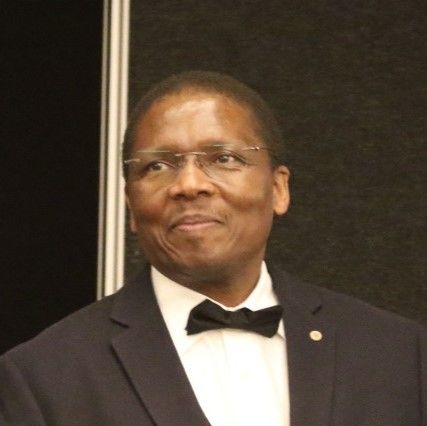
Mr Mahlubi Chief Mabizela
Director: Operations and Sector Support, Universities South Africa (USAf)
Mr Mahlubi Mabizela is an accomplished senior executive with over 16 years of experience in higher education policy development, research analysis, and the regulation of private higher education institutions. He previously served as Chief Director responsible for higher education policy at South Africa’s Department of Higher Education and Training (DHET) and has an extensive background as a higher education researcher.
Mr Mabizela holds a Master’s degree in Education from the University of the Western Cape and has contributed to key national policies, including the Research Outputs Policy of 2003 and revised in 2017; Regulations of Private Higher Education Institutions of 2016; the Policy Framework on Internationalisation of Higher Education in South Africa 2020; the revised Language Policy Framework of 2020.
He has also served on various governance and advisory bodies, including the boards of the National Institute for Humanities and Social Sciences (NIHSS) and the South African Council for Social Services Providers (SACSSP), as well as several strategic committees supporting research, innovation, and higher education initiatives across South Africa.

Mr Edward Kieswetter
Commissioner: South African Revenue Service (SARS)
Mr Edward Kieswetter is the Commissioner of the South African Revenue Service and an internationally recognised leader in governance, ethics, and organisational transformation. With a distinguished career spanning executive roles at SARS, Eskom, FirstRand, and as Group CEO of Alexander Forbes, he has led major institutional turnarounds and strategic reforms in both the public and private sectors.
A lifelong advocate for ethical leadership and education, Mr Kieswetter holds multiple postgraduate qualifications, including a Master of Commerce (cum laude) from North-West University, an Executive MBA from Henley Business School (UK), a Master of Science in Education (Cognitive Development) and a Honours degree in Mathematics and Science Education, both from the University of Western Cape.
He has served in several global leadership roles — including Chair of the African Tax Administration Forum and Vice Chair of the OECD Forum on Tax Administration — and continues to teach as a Visiting Professor at leading South African universities.
Call for Papers
Submission Requirements
1.Abstract Submission Requirements
- The abstract is to be submitted online below.
- All abstracts are due by 30 May 2025
- Feedback on acceptance will be provided by 30 June 2025
- All abstracts must be submitted in English
- The Abstract has a word limit range of 300 – 350 words excluding title and contributor’s details.
- Abstracts that cannot be accommodated for in the presentation format would be referred to authors as poster presentations.
2. Full Paper Submission Requirements
- The full paper should be 10 – 12 pages including a reference list (no exceptions)
- The full paper must include the following: Introduction (background to the problem); problem statement; literature analysis (theoretical or conceptual framework); methodology; discussion on findings; practical recommendations; conclusion and references.
- The preferred reference style is APA. Use the following Link: https://owl.purdue.edu/owl/research_and_citation/apa_style/apa_formatting_and_style_guide/apa_changes_7th_edition.html
- The title of the full paper must be the same as the title of the abstract that was accepted by the scientific committee
- All full papers are due by 7 September 2025
- Feedback on acceptance of full papers to be provided by 30 September 2025
- Presenters are requested to share a photo of themselves that can be added to the book of papers that will be shared with the conference delegates by December 2025
3. Work-in-Progress (WIP) Presentation Requirements
- Abstract required.
- Total length of final paper is a maximum of 5 – 7 pages including references.
- Double blind review process
- All full papers are due by 7 September 2025
- Feedback on acceptance of work-in-progress papers to be provided by 30 September 2025
- Requires: Introduction (background to the problem; problem statement; literature review (theoretical or conceptual framework); methodology; envisaged findings; conclusion and references
4. Position Presentation Requirements (invited paper)
- 20 min of presentation / 10 min discussion
- Provide an abstract of your position paper.
- Is the topic addressing a controversial issue?
- What is your personal statement/ conviction?
- Reflection on experience
- All position papers are due by 7 September 2025
- Feedback on acceptance of position papers to be provided by 30 September 2025
Any thought-provoking concept, idea or position within PHEI that could change the landscape of HEI in South Africa.
5. Poster Presentation Requirements
- Allow for 5 min presentation
- The poster must be submitted in English
- Poster to be presented using a Power Point Presentation: only 1 slide allowed
- Positioning the presentations with full papers (air time)
- All poster presentations are due by 7 September 2025
- Feedback on acceptance of poster presentations to be provided by 30 September 2025
- Areas of discussion: Background, Aim/Purpose, Methodology, Findings/Results and Recommendations are presented and include 4-6 keywords at the end
Submission and Review of Abstracts and Papers
- Only staff from SAPHE members may submit papers for the conference.
- See submission link on the SAPHE website for all submissions.
- Double double-blind peer review process is applied for all submissions.
- The review process is managed by the Scientific Committee.
- All accepted papers, WIP, position papers and poster presentations must be resubmitted to the SAPHE Scientific Committee for inclusion in the Conference Book of Abstracts by 10 October 2025.
Submission Form
Submissions are closed
Dates for Submission
Abstract submissions open| 4 April 2025
Closing date for abstract submissions | 13 June 2025
Announcement of abstract/poster/WIP acceptance | 30 June 2025
Full paper submissions open | 4 April 2025
Full paper reviews conclude | 30 September 2025
Closing date for all (full/ poster/WIP) revised papers | 15 August 2025
Full paper acceptance feedback to author | 30 September 2025
Partners
SAPHE is fortunate to have valued partners whose generous support makes the SAPHE Conference a reality. Their contributions enable us to deliver a dynamic platform for knowledge sharing, networking, and driving innovation in private higher education.
Committees
Conference Committee
The Conference Committee consists of a Scientific Committee and an Organising Committee. The Scientific Committee is composed of academics from SAPHE member institutions who, as accomplished researchers, will oversee the review process of abstracts and papers. The Organising Committee is responsible for the comprehensive planning and execution of the event, including programme development, logistics, financial management, and marketing, to ensure a successful and enriching experience for all attendees.
Scientific committee members:
Prof Japie Greef (Chair)
Dr Jaco Kruger
Prof Dianne Manning
Dr Kiveshnie Naidoo
Prof Flip Schutte
Dr Helena van Wyk
Organising Committee
Dr Deonita Damons
Wynand Kok
Nancy-Anne Anderson (SAPHE)
Sharlene Vania (SAPHE)
Profiles
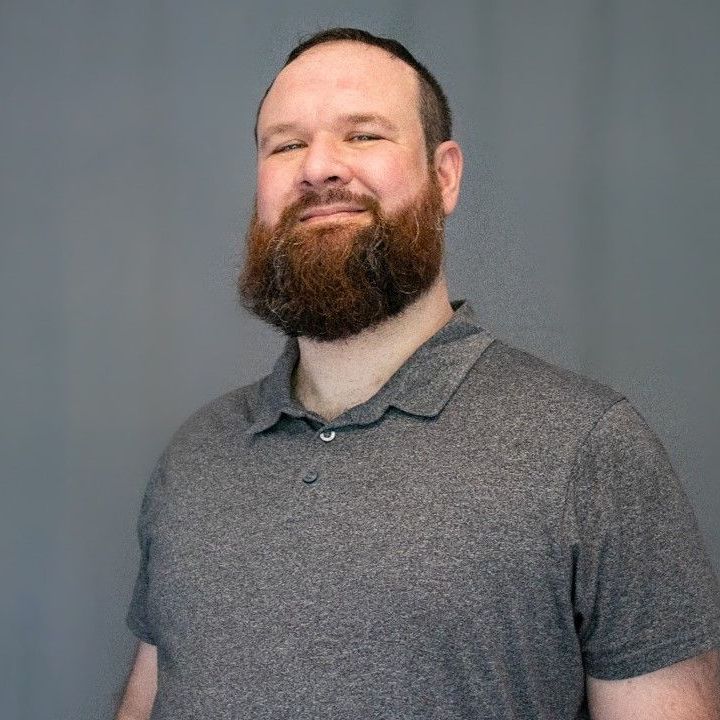
Prof. Japie Greeff
With over 20 years of experience in engineering, software development, and education within South Africa, Japie Greeff has contributed to research institutions, start-ups, and corporate software giants, and currently serves as a research coordinator at Belgium Campus Itversity.
He is an associate of the National Institute for Theoretical and Computational Science and a member of the BRICS South African Skills Development, Applied Technology, and Innovation Working Group national committee.
Japie's research primarily focuses on engineering education, serious games, and computer science. His MTech research explored test fixtures for high-volume manufacturing and the development of a reliability-based model for selecting test probe receptacles. His PhD examined capstone project modules in engineering education, investigating how they could be enhanced through gameful design, gamification, and self-determination theory with an emphasis on authentic learning.
His current research interests include applications of artificial intelligence and deep learning, as well as computer science education.
Japie's teaching expertise spans Artificial Intelligence and Programming. He has successfully supervised and graduated four MSc, two MEng, and one PhD student, and has co-authored 12 journal articles and 15 peer-reviewed conference papers
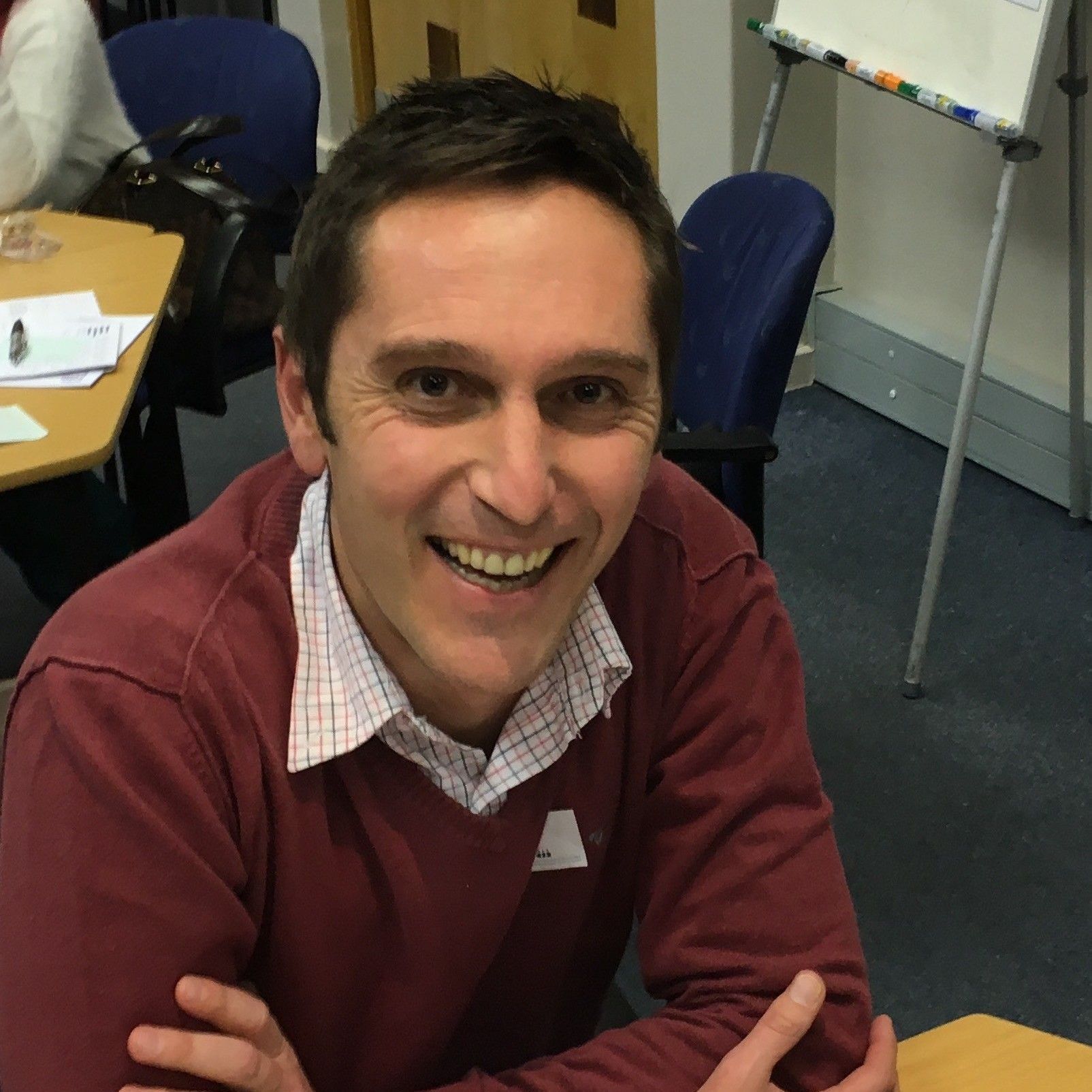
Dr Jaco Kruger
Jaco Kruger is a seasoned educator and academic with nearly 20 years of experience in higher education, including almost 10 years in private higher education. He currently serves as Senior Project Manager for Quality Assurance & Compliance at The Foundation for Professional Development.
Throughout his career, Jaco has developed and taught numerous undergraduate and postgraduate modules in the Arts and Humanities. He has published 15 peer-reviewed journal articles and contributed to 3 book chapters.
Jaco has supervised 19 master’s students and 2 doctoral students. In addition to his teaching and research, he has extensive experience in academic leadership, project management, and quality assurance.
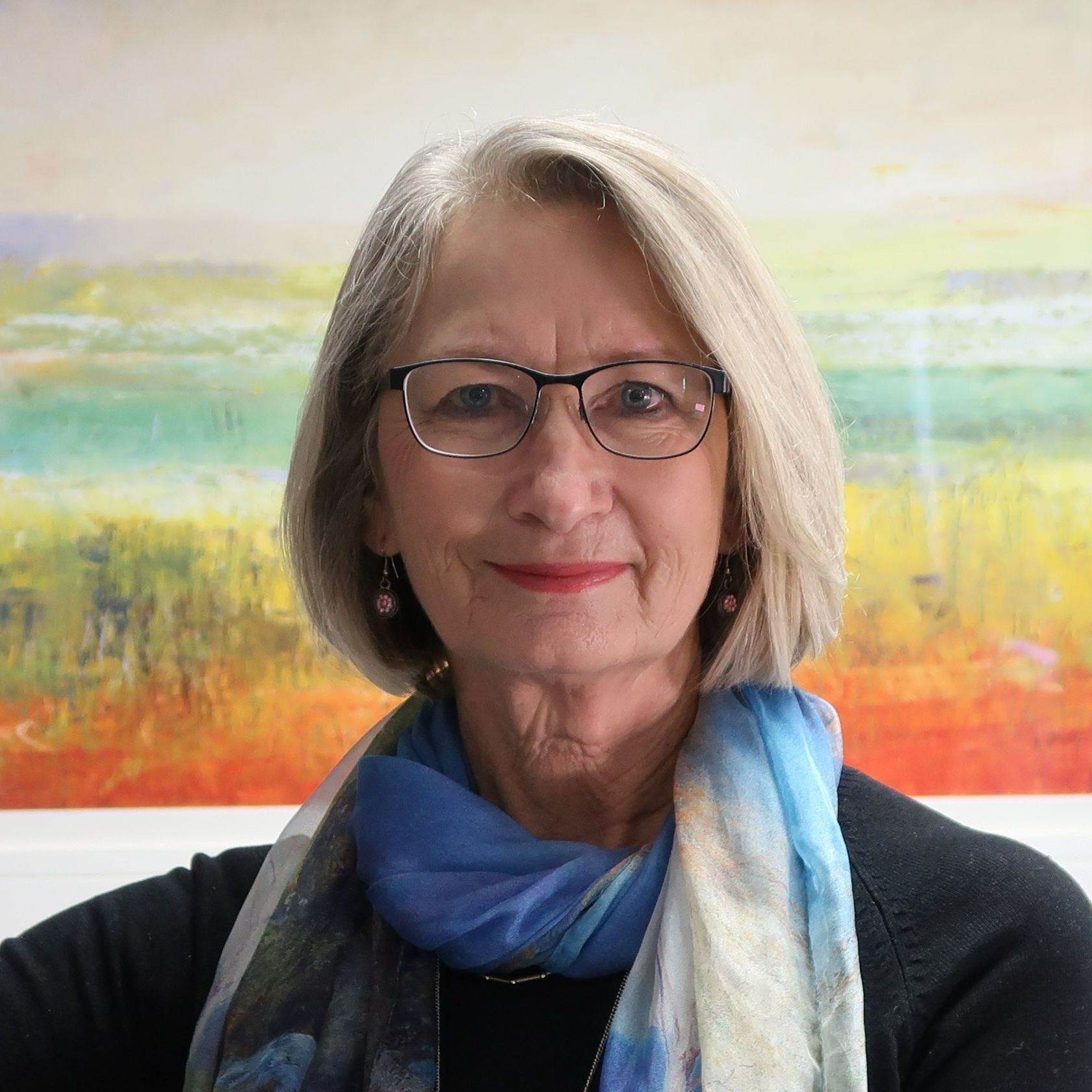
Prof Dianne Manning
Dianne Manning works in Quality Assurance and Educational Development at the Foundation for Professional Development (FPD), having joined the organisation in 2021. She is an Emeritus Professor at the University of Pretoria where she served as Deputy Dean of Teaching and Learning in the Faculty of Health Sciences from 2012 before her retirement in 2019. Previously, she was a director at the Centre for Health Sciences Education at the University of the Witwatersrand (2003 -2012) and taught Anatomy, Physiology and Cell Biology at Wits (1996 -2002) and the University of KwaZulu Natal (1976 to 1995).
She has extensive experience in health professions education (HPE) and consults locally and internationally. Her areas of particular interest are curriculum change, faculty development, student selection and support. She has served as an accreditation panel member for the CHE and HPCSA, reviewer for several journals, adjudicator of education awards in HPE, and an external examiner for undergraduate programmes and postgraduate dissertations and theses. She has been on the scientific committee for the national conference of the South African Association for Health Educationalists (SAAHE) on four occasions and was the recipient of the SAAHE Distinguished Educator Award in 2019.
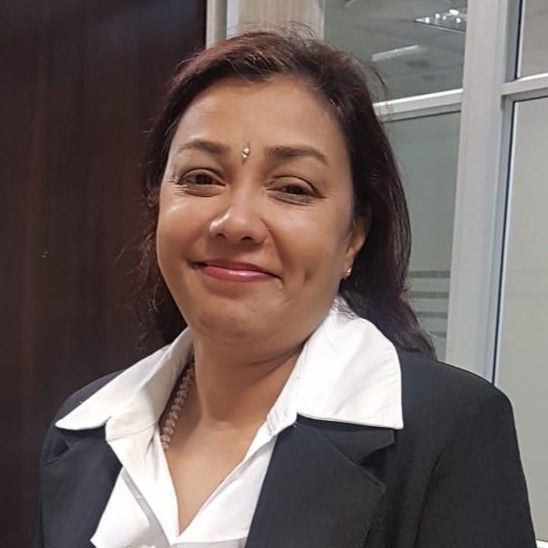
Prof Kiveshni Naidoo
Kiveshni Naidoo has spent two decades in higher education in various portfolios. She obtained her PhD from the North-West University and her professorship from the University of Novosibirsk in Russia. She is passionate about research in gender development, leadership, and education. She is currently the Academic Director at MANCOSA.
Aligned with her ardent pursuit of research on education in unequal societies, she was recognised for her research accomplishments at the research awards ceremony in March 2023. Professor Naidoo has made a considerable community impact with initiatives in green projects, women empowerment, and frail care. She enjoys mentoring students and academics alike with a fond support for research. She continues to collaborate in research initiatives with global partners and serves on the NADEOA Executive and the conference committee.
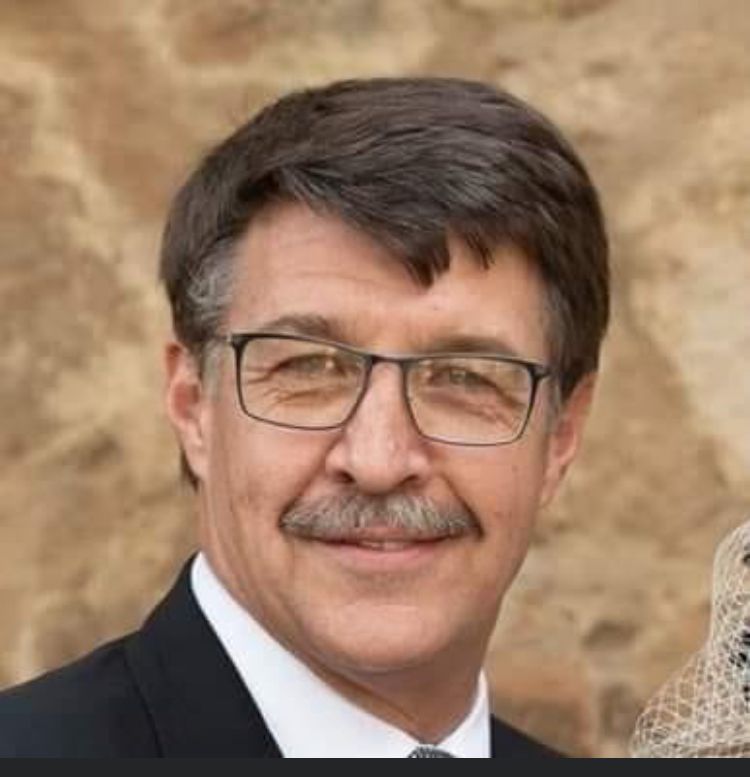
Prof Flip Schutte
Flip Schutte is the Dean of Research and Head of the Institute of Postgraduate Studies at STADIO Higher Education. He has supervised about 150 master’s and 28 doctoral students in his academic career. He has also published more than 60 articles in accredited academic journals and is a regular presenter at local and international conferences. He just completed his fifth doctoral degree and serves on numerous committees, research working groups and editorial boards.
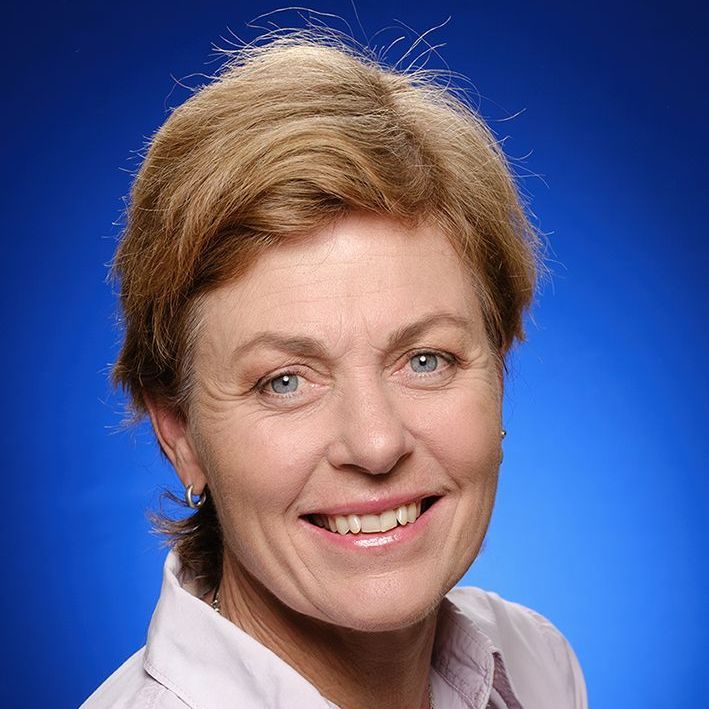
Dr Helena van Wyk
Helena van Wyk, is the Dean: Postgraduate and Research at the IMM Graduate School. An academic with over 20 years of teaching experience at various public and private institutions, she has developed a keen interest in the communication, branding, and education fields. Her research interests lie in these fields, with a particular focus on brand and corporate communication.
Helena holds a PhD from UNISA, and her doctoral research focused on the political brand and social media storytelling. She is passionate about sharing her knowledge and expertise with others, and she always seeks opportunities to collaborate with like-minded professionals in the field.
